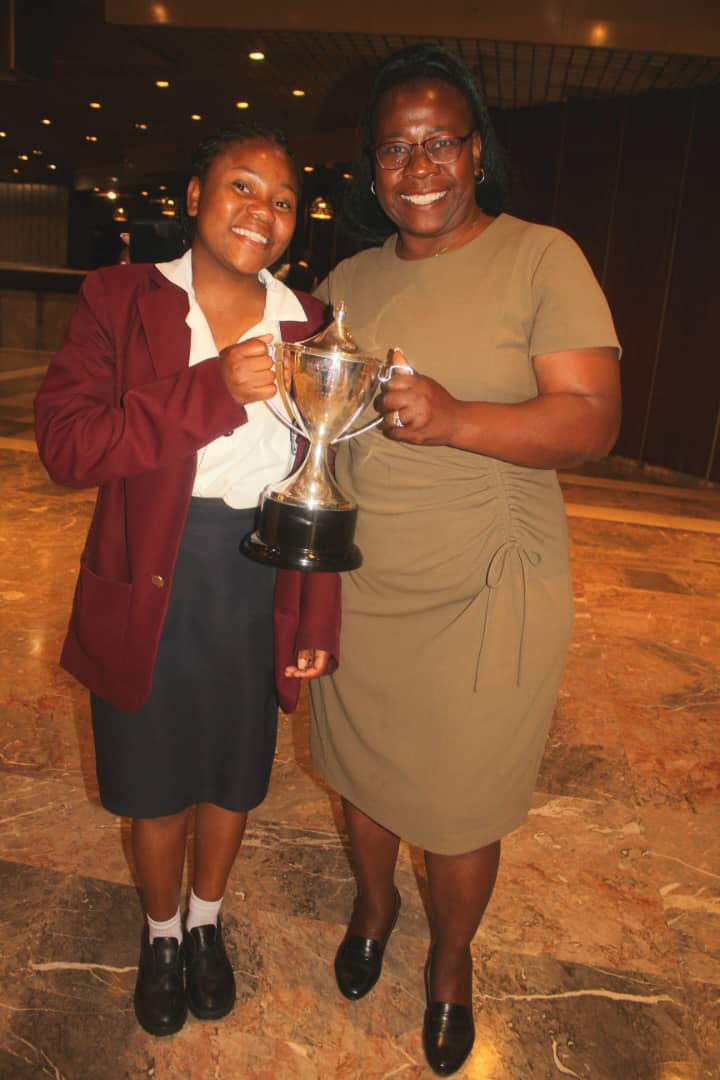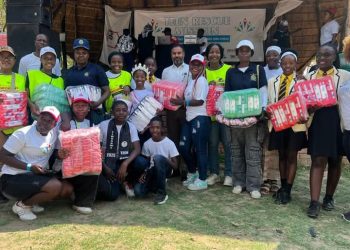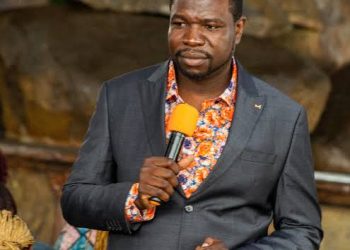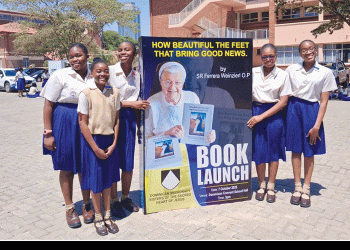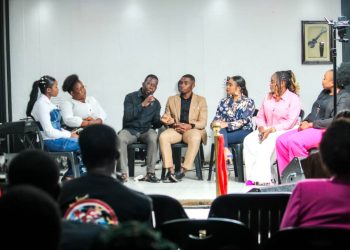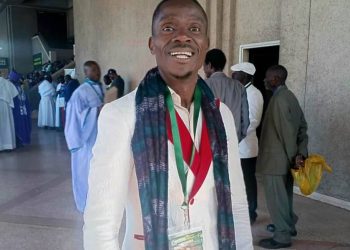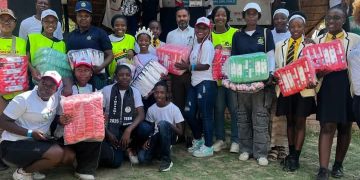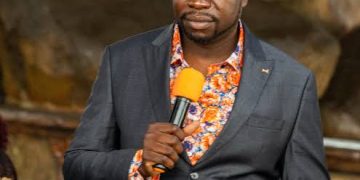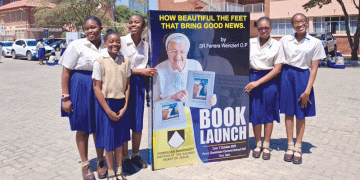ZIMBABWE’S education system is taking deliberate steps to entrench global goals by aligning the school curriculum with the United Nations Sustainable Development Goals (SDGs) in pursuit of Vision 2030.
This commitment was showcased at the SDGs National Schools Proposal Writing Competitions which was launched earlier this year for leaners to present innovative projects aimed at solving real-life challenges and practical solutions ranging from water harvesting to sustainable agriculture.
The competition jointly organised by the Ministry of Public Service, Labour and Social Welfare and the Ministry of Primary and Secondary Education to help develop skilled human capital required for Zimbabwe’s transformation into an upper middle-income society by 2030 was concluded with a National Awards Ceremony held in Harare on recently where learners from across the country were honoured
The Minister of Public Service Labour and Social Welfare, Honourable Edgar Moyo said the programme reflects inclusivity in national development.
“This inclusive approach ensures no one and no place is left behind in the nation’s development agenda,” he noted.
The event recognised primary and secondary school students from all ten provinces with certificates and computers, rewarding projects that spoke to clean energy, climate action, and industry innovation.
Deputy Minister of Primary and Secondary Education, Honourable Angeline Gata, emphasised that the initiative is about preparing young people for leadership.
“We are molding future leaders. We have been successful in providing quality education in line with the SDGs,” she said.
A student who scooped the top price Zvikomborero Gochera from Queen Elizabeth High School shared, “I came up with an idea to turn kitchen waste into organic fertilizer. This competition opened our minds.”
“I learnt that as young people, we must think outside the box. I created an underground basement to solve the water challenges in my city, Bulawayo,”
Awards ceremony recognized at both the provincial and national levels. After a thorough evaluation, the top 15 proposals across five levels were shortlisted for national recognition, while 150 proposals were awarded at the provincial level.
Selected winning proposals was linked to potential partners and stakeholders for technical and financial support towards piloting and scaling up their ideas.
Mrs Chaturuka said “Lessons drawn from the competition will inform the integration of SDG-focused content into the school curriculum in collaboration with the Ministry of Primary and Secondary Education.
Recognition of the African Agenda 2063: Awareness of the African Agenda 2063 appears to be lagging behind, and there may be a need to introduce an African Agenda 2063 Competition to ensure it is not overshadowed or overlooked”.
“Next year we are hoping for bigger plans with persons living with disabilities inclusion in the competition “. she spoke.





